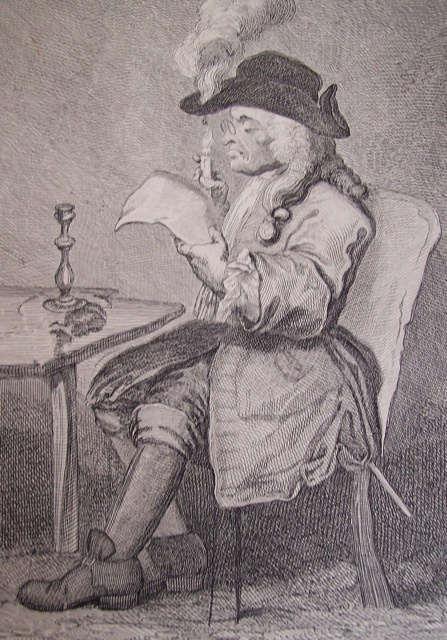Getting into trouble...
How often do we writers get into trouble with a story because we haven't read our sources properly? And how often can we solve the problem by going back over the material and reading it again with open eyes and an open mind?
 A few weeks ago I posted an article Matters of Life and Death about a research dilemma I was facing.
A few weeks ago I posted an article Matters of Life and Death about a research dilemma I was facing.
The document trail – the transcript of a recorded interview, birth and death certificates – had run dry. And the only living witness couldn't remember the events because she was a baby at the time.
The story concerned two mothers, each expecting their fifth child, living in the same house in the early 1920s. One gave birth but died ten days later from the Spanish influenza.
Family legend has it that the second mother then went to hospital in fear of her life, gave birth, and returned home about five days later.
The problem is that the second child, who is part of my story, wasn't actually born until 14 days after the first mother died.
There's a missing fortnight, which I couldn't explain. It's a significant moment in the tale, and I wanted to be accurate as I could. What to do?
Solving a problem
Well, I think we solved the problem. A few days after posting the article, my wife and I sat down and carefully re-read the transcript of an interview the second mother gave about the incident in 1970. She was then an old lady in her 80s: her memory was still sharp, but of course the narrative was inclined to wander a bit.
In it, she spoke of coming home from the hospital after five days to find an angry housekeeper who'd been sent to look after the rest of the family. This woman took one look at her, exclaimed "Nobody said I had to look after a great big woman like you!" And she walked out, "leaving me and the four kids."
As we went over the interview line by line, reading it out loud, my wife pointed out that there was no mention of a baby at the homecoming, just "me and the four kids." And reference to "a great big woman like you" probably meant that the second mother (who was certainly tall and well built) was then still pregnant.
In all likelihood she'd gone to the hospital after her neighbour died of influenza ... stayed for five days ... returned home, and had her own baby a week or so later. Certainly this made sense of the known sequence of events as documented by the birth and death certificates – and of course, after 50 years, the human mind can quite naturally conflate the two separate events of hospital and birth.
It may be a small point in the whole novel, but it does show once again how important it is to approach our research with a completely open mind. The truth is often to be found in the documents. But it's sometimes hidden between the words – and emerges only after a second, a third, or even a fourth reading.
The assumptions I'd made on first scanning the transcript were clearly wrong. Only by dissecting it again with fresh eyes and a clear head did we get as close to the truth of the matter as I think we're likely to after three-quarters of a century.
2013 NSW Premier’s History Awards
Warmest congratulations to the winners of this year’s NSW Premier’s History Awards, announced this week.
TheAustralian History Prize was won by Janet Butler for her book Kitty’s War: The remarkable wartime experiences of Kit McNaughton (University of Queensland Press).
The First World War nurse, Kit McNaughton, served in operating theatres near the front lines, and was Australia’s first plastic surgery nurse – assisting the pioneering surgeons as they repaired the damaged faces of both allied and enemy soldiers.
Winners in other categories were:
General History Prize: Saliha Belmessous, Assimilation and Empire: Uniformity in the French and British Colonies 1541-1954 (OUP).
NSW Community & Regional History Prize: Patti Miller, The Mind of a Thief (UQP).
Multimedia History Prize: Martin Butler and Bentley Dean, First Foot Prints: Super Nomads – Episode 1 (Contact Films).
Young People’s History Prize: Jacki French, Pennies for Hitler (HarperCollins).
I have a real interest in these awards, as my book Captain Cook's Apprenticewon the 2009 Young People's History Prize, and Young Diggerwas shortlisted in 2003.
Until next time
Anthony
Photo Credit:
The Politician, by William Hogarth: print in author's possession.
Photo credit
